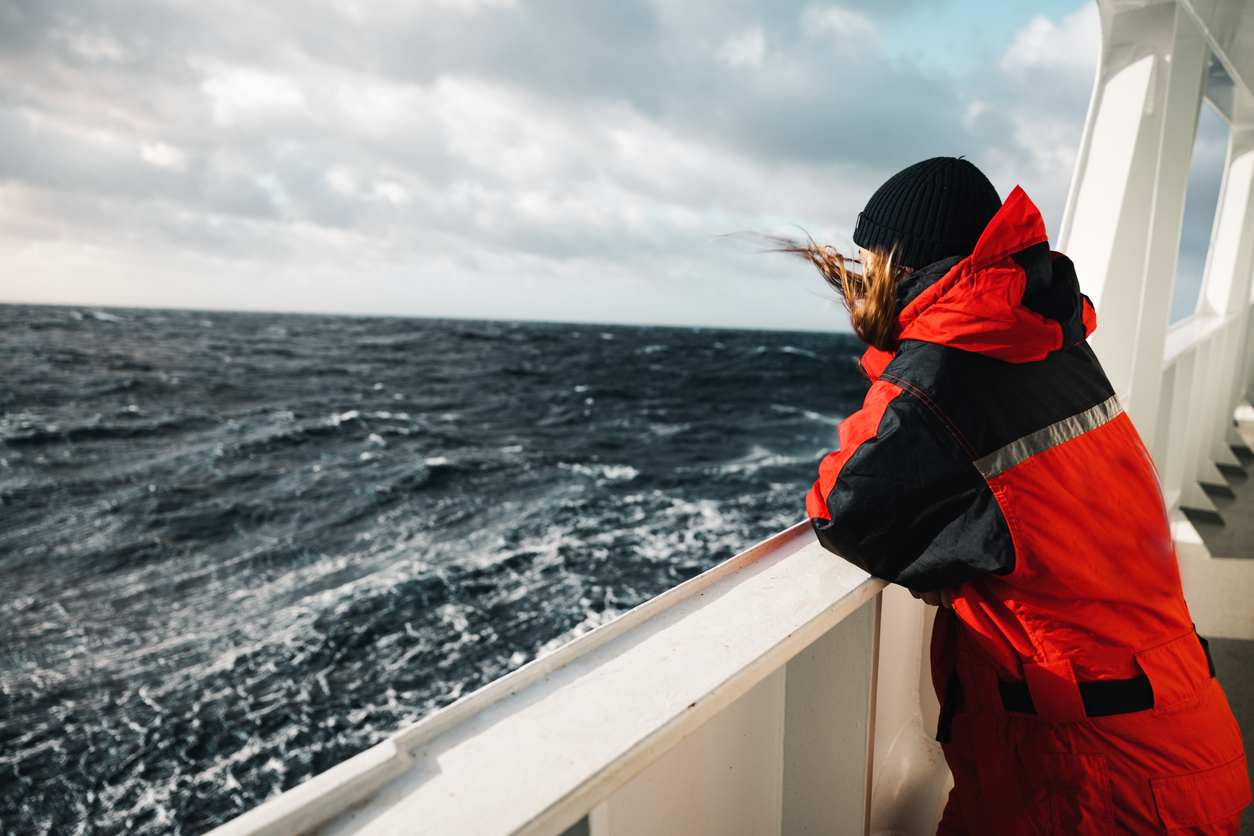
The Importance of Maritime Employers’ Liability in Scientific Research & Survey Operations
February 20, 2024
Scientific research and survey operations in maritime settings rely heavily on maritime employers’ liability and USL&H coverage to mitigate workplace injuries and accident risks. These protections promote the safety and well-being of marine research and survey employees.
Insurance coverage tailored to the unique risks and liabilities in the maritime sector is crucial for safeguarding businesses against potential financial losses and guaranteeing continuity in operations.
Exploring Maritime Scientific Endeavors
Scientific research and survey operations in maritime environments often aim to study marine ecosystems. These activities inform decision-making and resource management. Activities conducted in this sector include:
- Oceanographic research
- Marine biology studies
- Underwater surveys
- Exploring underwater resources
- Conducting environmental assessments
These operations entail inherent risks and liabilities, such as vessel accidents, hazardous conditions, environmental damage, and employee injuries.
Identifying Risks in Maritime Research Ventures
Employers and employees face many risks and liabilities in the maritime industry, encompassing workplace accidents, injuries, and illnesses. Among these are:
- Vessel collisions: Accidents pose immediate dangers to personnel and property, leading to potential injuries, fatalities, and vessel and equipment damage.
- Hazardous materials exposure: Contact or inhalation of dangerous substances can result in acute or chronic health issues.
- Slip and fall incidents: Accidents can occur on wet or uneven surfaces aboard vessels or in port areas, leading to sprains, fractures, or head trauma.
- Ergonomic strains: Prolonged manual labor or improper ergonomics aboard vessels can cause strains, sprains, and musculoskeletal disorders.
- Long-term health effects: Extended exposure to harsh maritime conditions, including saltwater, sun exposure, and noise pollution, may lead to chronic health issues.
Environmental Damage, Equipment Failures, and Third-Party Liability Issues
Many potential issues are associated with scientific research and survey operations in maritime environments. These include:
- Environmental damage: Accidental spills of hazardous materials or fuel can lead to contamination of marine ecosystems, harming aquatic life and disrupting delicate ecosystems.
- Equipment failures: Malfunctions or breakdowns of essential equipment, such as sonar systems or research vessels, can disrupt operations, delay projects, and pose safety hazards to personnel.
- Third-party liability issues: Interactions with other vessels, coastal communities, or protected marine areas may result in legal liabilities for damages, fines, or regulatory penalties.
Real-World Incidents and Their Insurance Implications
Real-world incidents highlight the crucial role of comprehensive coverage in mitigating risks and liabilities for maritime operators.
In the 2010 Deepwater Horizon oil spill, an offshore drilling rig explosion released millions of barrels of oil into the Gulf of Mexico, causing significant environmental harm and economic impact.
Insurance covered cleanup, environmental remediation, and legal liabilities, sparking debates about offshore drilling insurance sufficiency and regulatory oversight enhancement for accident prevention.
The 2012 Costa Concordia shipwreck off Italy’s coast led to 32 fatalities due to the cruise ship grounding. Legal actions for alleged negligence prompted insurance coverage for salvage, passenger compensation, legal defense, and liability settlements under hull and P&I policies.
These incidents underscored the vital role of robust insurance coverage for maritime operators in mitigating financial and legal risks amid sea accidents.
The Crucial Role of Maritime Employers Liability (MEL) Insurance in Maritime Ventures
Maritime Employers Liability (MEL) insurance covers businesses against claims arising from employee injuries and illnesses while working in maritime settings.
Unlike other types of insurance, such as general liability or workers’ compensation, MEL insurance specifically addresses the risks faced by businesses operating in maritime environments.
MEL insurance offers essential benefits for businesses engaged in scientific research and survey operations. These include coverage for employee injuries, legal defense costs in case of lawsuits, and compensation for third-party claims related to workplace accidents or negligence.
Choosing Coverage Limits and Endorsements
When selecting coverage limits for Maritime Employers Liability (MEL) insurance, important factors for your clients to consider include:
- Size of the workforce
- Nature of operations
- Potential legal liabilities
It is also important to explore endorsements that address specific risks, such as coverage for pollution incidents, offshore operations, or international maritime activities.
Closing Thoughts on Maritime Employers’ Liability in Scientific Research and Survey Operations
Maritime Employers Liability (MEL) insurance, particularly with USL&H coverage, is crucial for safeguarding businesses engaged in scientific research and survey operations. This insurance protects against employee injuries, legal liabilities, and third-party claims inherent in maritime work environments.
Insurance agents are pivotal in understanding client’s needs and crafting tailored coverage solutions. Your proactive engagement is vital for ensuring clients receive comprehensive insurance protection. For expert guidance, call Merrimac Marine Insurance today.
About Merrimac Marine Insurance
At Merrimac Marine, we are dedicated to providing insurance for the marine industry to protect your clients’ businesses and assets. For more information about our products and programs, contact our specialists today at (800) 681-1998.
